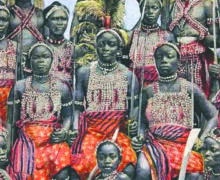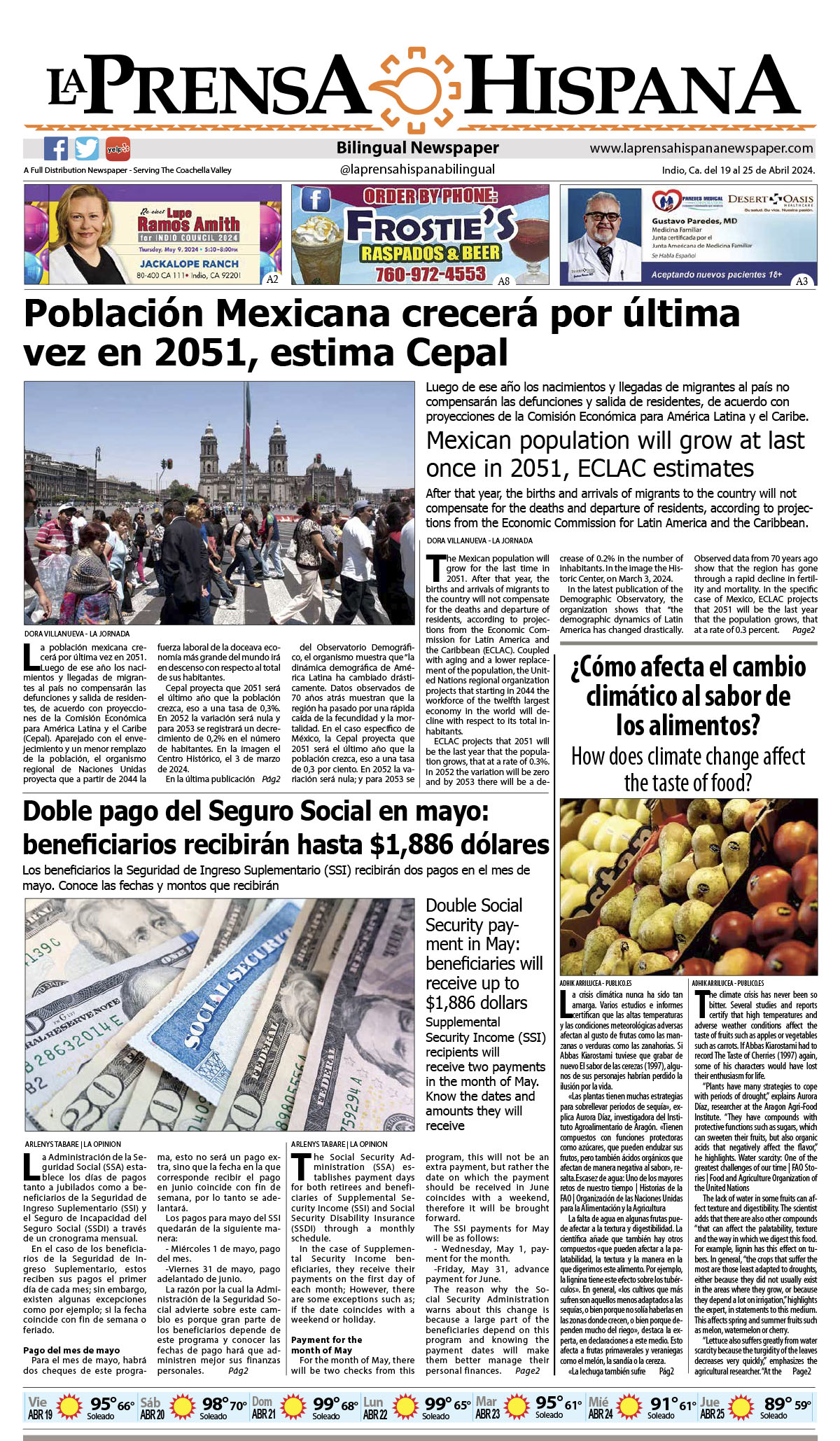
Poscristianismo
Post-Christianity
El cristianismo tuvo vital importancia para Europa y el mundo entero. Dalmacio Negro escribe que “El cristianismo ha sido durante largos siglos el modo de estar instalado el europeo en la realidad” (Lo que debe Europa al cristianismo). Y Tom Holland sostiene en “Dominio”, que no puede concebirse nuestra civilización sin el papel central del cristianismo.
Pero, al menos desde el siglo XIX en que Nietzsche proclamó “la muerte de Dios”, el cristianismo empezó a declinar en los países que más lo difundieron. Hoy, Estados Unidos y Europa viven un cristianismo cada vez más débil y alejado de sus valores fundamentales.
Se habla, entonces, de una era poscristiana, que los medios hegemónicos y la corrección política quieren vendernos como el camino a la utopía humanista de justicia y felicidad, algo que la realidad contradice a cada momento.
Por eso Michel Onfray no es optimista. Afirma que “vivimos en la articulación de dos mundos: el ocaso del judeocristianismo y el advenimiento de algo que aún es incierto”. Inclusive llega a una tajante conclusión: “Cuando la religión muere, la civilización fallece con ella” (Decadencia).
El novel Mario Vargas Llosa, lo reafirma en “La Civilización del Espectáculo”: “La muerte de Dios no significó el advenimiento del paraíso a la tierra, sino más bien del infierno […] lo que alcanzará su paradigma con las carnicerías de las conflagraciones mundiales, los hornos crematorios nazis y el Gulag soviético”. Muy cierto.
De hecho, la exaltación de la razón en la Revolución francesa desencadenó el terror jacobino, de caos, locuras y asesinatos. Porque cuando los seres humanos dejan de ser considerados como criaturas sagradas, hechas a la imagen de Dios, su valor declina hasta desaparecer y sus vidas se vuelven prescindibles. No hay dignidad humana absoluta sin cosmovisión cristiana.
El poscristianismo desemboca, entonces, en distopía. En un mundo desestructurado, desconectado, de seres “superiores” e “inferiores”, de banalización y otredad remota. Un mundo absurdo que habla de derechos, pero que se los niega al más indefenso ser humano prenacido; que exalta la ciencia, pero obliga a los doctores a someterse al autodiagnóstico de identidad de sus pacientes; que habla de tolerancia, pero se enorgullece de su cultura de la cancelación.
La buena noticia es que, aun mientras se apaga en occidente, el cristianismo renace en otras latitudes. Vive su mejor momento en África, Asia y América Latina, y fecunda con sus vivificantes valores absolutos naciones enteras. Hay esperanza.
Christianity was of vital importance to Europe and the entire world. Dalmacio Negro writes that “Christianity has been for long centuries the way in which the European is installed in reality” (What Europe owes to Christianity). And Tom Holland argues in “Dominion” that our civilization cannot be conceived without the central role of Christianity.
But, at least since the 19th century, when Nietzsche proclaimed “the death of God,” Christianity began to decline in the countries that spread it the most. Today, the United States and Europe live with a Christianity that is increasingly weak and far from its fundamental values.
There is talk, then, of a post-Christian era, that the hegemonic media and political correctness want to sell us as the path to the humanist utopia of justice and happiness, something that reality contradicts at every moment.
That is why Michel Onfray is not optimistic. He affirms that “we live in the articulation of two worlds: the decline of Judeo-Christianity and the advent of something that is still uncertain.” It even reaches a blunt conclusion: “When religion dies, civilization dies with it” (Decadence).
The novel Mario Vargas Llosa, reaffirms it in “The Civilization of the Spectacle”: “The death of God did not mean the advent of paradise on earth, but rather of hell […] which will reach its paradigm with the carnage of the conflagrations world wars, the Nazi crematorium ovens and the Soviet Gulag”. Very sure.
In fact, the exaltation of reason in the French Revolution unleashed the Jacobin terror of chaos, madness and murder. Because when human beings cease to be considered as sacred creatures, made in the image of God, their value declines until it disappears and their lives become expendable. There is no absolute human dignity without a Christian worldview.
Post-Christianity leads, then, to dystopia. In an unstructured, disconnected world of “superior” and “inferior” beings, of banalization and remote otherness. An absurd world that speaks of rights, but denies them to the most defenseless preborn human being; that exalts science, but forces doctors to submit to self-diagnosis of the identity of their patients; that talks about tolerance, but prides itself on its culture of cancellation.
The good news is that, even as it fades in the West, Christianity is reborn in other latitudes. It lives its best moment in Africa, Asia and Latin America, and fertilizes entire nations with its life-giving absolute values. There is hope.
























